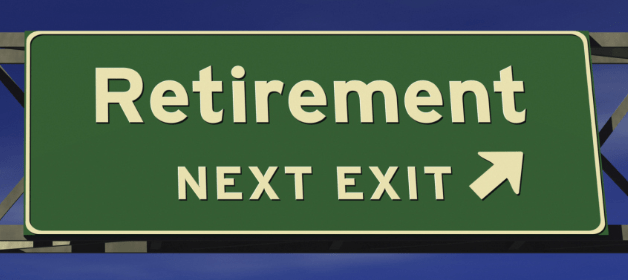Successful businesses have one thing in common – they earn more money than they need to run the business. With this success, it can be beneficial for businesses to leave some of this surplus cash in their corporation. Active business income has favorable tax treatment (lower tax than personal tax rates in many cases). This can help accelerate reinvestment in the business or allow diversification of wealth within the corporation. Some investment options available within a business are:
- GIC’s or Bonds
- Equity/Stock Investments
- Other Businesses
- Real Estate
- Insurance
How to determine where to invest
The best asset to own within a corporation depends on what you are looking to achieve. Some questions to ask in determining the best asset to invest in:
- How liquid does the investment need to be?
- How secure does the original principal need to be?
- What is the purpose of the funds being invested? (e.g., paying future tax bill, long-term investment growth, estate planning, short-term cash flow needs)
- What are the tax implications of that investment now and upon your death?
- How can money be taken out of the Corporation in a tax efficient manner?
Once you know the answer to some of these questions, it can narrow down your investment choices to the best one for you. The investment we’ll focus on today is Whole Life Insurance. It has unique characteristics that can achieve results that aren’t available from other investments. It is also a lesser known asset compared to the others.
Corporate Owned Permanent Whole Life Insurance
For the purpose of this discussion, we will be looking at permanent whole life policies owned within a company. Whole life insurance policies have some unique characteristics compared to other investment options available for corporations:
- A contractual guarantee as to how much cash there will be at any given time.
- When the annual dividend is paid to the cash account, that cash value will never go down.
- It can never generate a negative return.
- The policy payout at time of death may provide a substantial amount of the value to the company’s Capital Dividend Account (CDA). Accountants love money that pays into the CDA – the CDA pays out TAX FREE to shareholders.
- The policy can be set up so that premiums are paid for at a set time in the future. Then no more payments are required.
- It pays out at time of the policy holders’ death. This is good timing, as tax on tax deferred assets (RRSPs, shares in companies) is due at the time of death. This can provide great timing for creating liquid cash.
The tax structure of the policy can be very beneficial. Some of these tax features are as follows:
- The growth inside the policy is tax deferred and forms part of the death benefit which may be substantially or all tax free to the company beneficiary.
- Upon death, a substantial portion (if not all) of the face amount which has been increasing over time flows from the corporation to the family of the shareholder ‘tax free’ (reference CDA in the previous section).
The investment inside the whole life policy may be accessible prior to the death of the life insured. You will want to talk with your insurance advisor to understand some of the options available, such as policy loans, immediate financing arrangements, etc., but there are different ways to access this money without attracting taxation or losing your coverage.
The premiums are paid with after tax corporate dollars and are not deducted as an expense.
How stable are insurance companies?
If you are going to invest money in a policy backed by an insurance company, how do we know if it will pay out at some point in the future? Here are some additional little-known facts!
- Life Insurance companies are the most highly regulated financial institutions in Canada.
- Every six months a regulatory body called the Office of the Superintendent of Financial Institutions (OSFI) does a stress test to make sure that the Life Insurance company has enough liquidity to meet ALL it’s financial obligations. They like this number to be greater than 100% but most Insurers in Canada are above 150%. When this number drops close to 100%, OSFI steps in to work with the Insurance company.
- Assuris, a non-profit organization that protects Canadian policy holders, works with OSFI to move insurance contracts to a stronger, more stable insurance company.
- To date, there has never been a Life Insurance policyholder in Canada that has lost money because an insurance company became insolvent – all their contracts and obligations stayed intact with the new carrier.
I have kept things simple here for conversation’s sake. I encourage every successful business owner to weigh the benefit of having a portion of their retained earnings in this corporate asset class as it is an incredible exit plan.
Because this is an insurance product, health and age are important factors in setting up a cost-effective plan. Please reach out to one of our very knowledgeable Connect Wealth advisors for more information about this unique asset class and how it may be tailored to your unique situation.
Connect Wealth is an independent financial planning firm that offers holistic advice to clients based on their current goals and future aspirations. We use well-established workflows and cutting-edge technology to maximize planning efficiencies while simplifying the process for clients. Learn how you can maximize your financial opportunities at www.connectwealth.com






